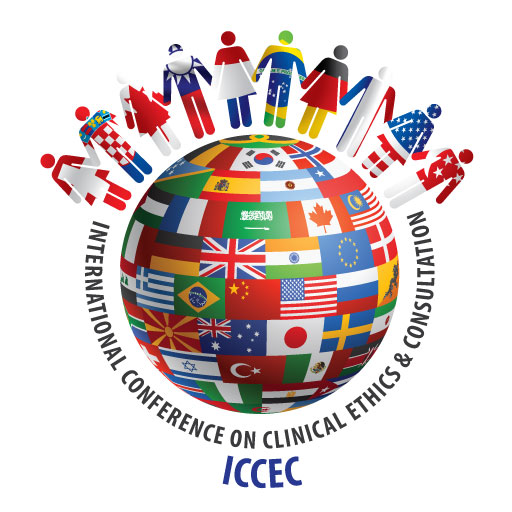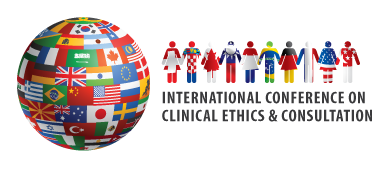The award carries the name of Professor Schwager who was a pioneer in clinical ethics. He initiated ethics education for staff members and consultation rounds in the early nineties, long time ahead of many other hospitals and institutions in Germany. The cultural and religious diversification of society made it necessary for him to reflect on ethics. He primarily focused on how clinical decisions were made, and enforced the role of the ethicist as one who cares for values and ideas of good life together with common deliberation about it. He was a member of the Board of Directors of the v. Bodelschwinghsche Stiftungen Bethel – the sponsor of the Hans Joachim Schwager award.
Main focus of his work
Consequences of societal change
Diversity in cultural and religious positions, individualism, mobility and instability characterize our current society.
Education
Education was pivotal to solve the problems emerging from societal change. Numerous schools, seminars and other educational institutions were inaugurated during the active work time of Hans Joachim Schwager. According to him education is not limited to professional knowledge, but includes political, religious and historical aspects as well as the reasoning with the afflicted persons about their condition.
Inclusion and Participation
Long before antidiscrimination legislation with respect to persons with disabilities emerged in Germany, Hans Joachim Schwager engaged in supporting the inclusion, participation and autonomous decisions of persons with multiple handicaps. He acknowledged the social background of deficiencies and the necessity of society to develop tools overcoming barriers: To participate, shape and get involved in life is a common aim of all persons, independent of their impairments. This was his credo.
Hans Joachim Schwager was concerned with the development of structures to introduce “informed consent” in patient care. Anticipating misunderstanding and opposition among staff, he initiated discussions, lectures and panels thus acting as a role model for creating consent.
Clinical Ethics
International Co-operation
His responsibility for the field of epilepsy in Bethel and the intention to implement an epilepsy surgery program in Bethel led to an intensive co-operation with the Cleveland Clinic Foundation in Ohio, USA. Soon, ethical questions with respect to this (elective) brain surgery broadened the view on treatment decisions in general; experts were included in the process of implementing clinical ethics. Prof. Kanoti and Prof. Agich from Cleveland, Prof. Reiter-Theil from Basel and Prof. Sass from Bochum complemented the expert group.
The Clinical Ethics Program and Committee
Clinical ethics developed as a common practice that developed internationally under changing (societal) conditions, which focused on treatment decisions and connected ethical dilemmas. The autonomy and the respect for the personal choices of the patient were the starting points for ethics. Paternalism in patient care was seen as outdated and shared deliberation was seen as a prerequisite for consent. Clinical ethics was justified through this process of common deliberation about patient’s preferences and hospital’s values. In Bielefeld, Hans Joachim Schwager started the practice of sound communication and ethical deliberation into clinical practice. Since then patients and surrogates are regularly engaged in the process of shared discussion with health professionals.

Curriculum vitae
Born February 3rd 1929 in Bunzlau, Salisia (today Bosleslawiec/Poland)
1940 -1944 Boarding school in Bunzlau
1951-1956 Fields of studies in philosophy and theology in Erlangen, Heidelberg and Münster, 1959 PHD in theology
1955 – 1966 teacher in the protestant Paul-Gerhardboarding school in Dassel
1966 -1973 teaching at the theological academy in Celle-Hermannsburg
1973 -1994 Appointed as member of the Board of Directors of the v. Bodelschwinghschen Stiftungen Bethel with the main responsibility for primary, secondary and vocational schools and the institutions for social and vocational education of young adults with epilepsy
1982 -1999 activities in the field of epileptology – member of the Board of Trustees for epilepsy, head of the national Information Center, involved in the development of an epilepsy surgery program in the Epilepsy Center Bethel
Since 1993 teaching at the University of Bielefeld as professor of education
1964 -1999 executive director of the hospital “Ev. Krankenhaus Bielefeld”, establishment of a clinical ethics committee in the hospital
March 26th 2004 died in Bielefeld

